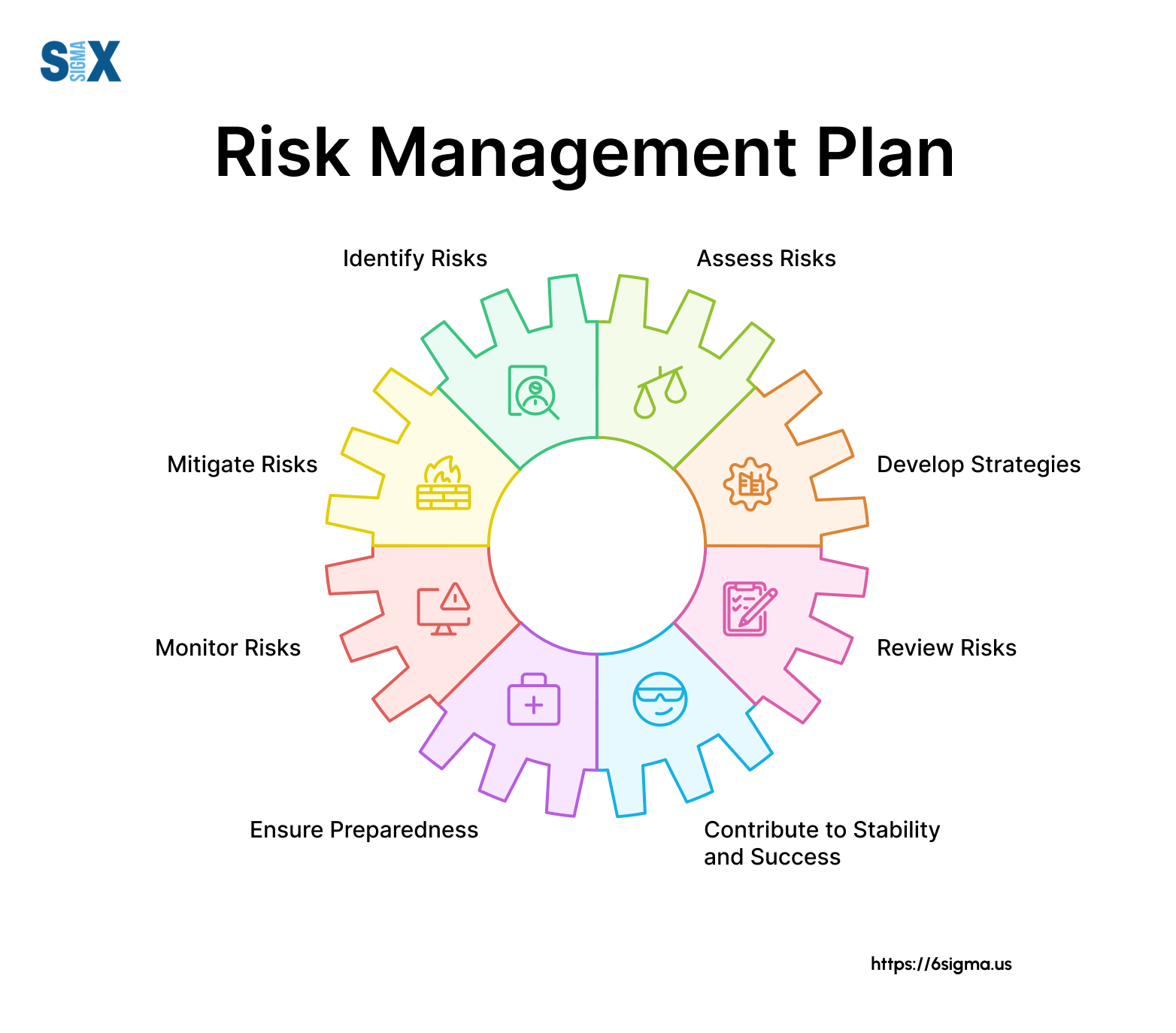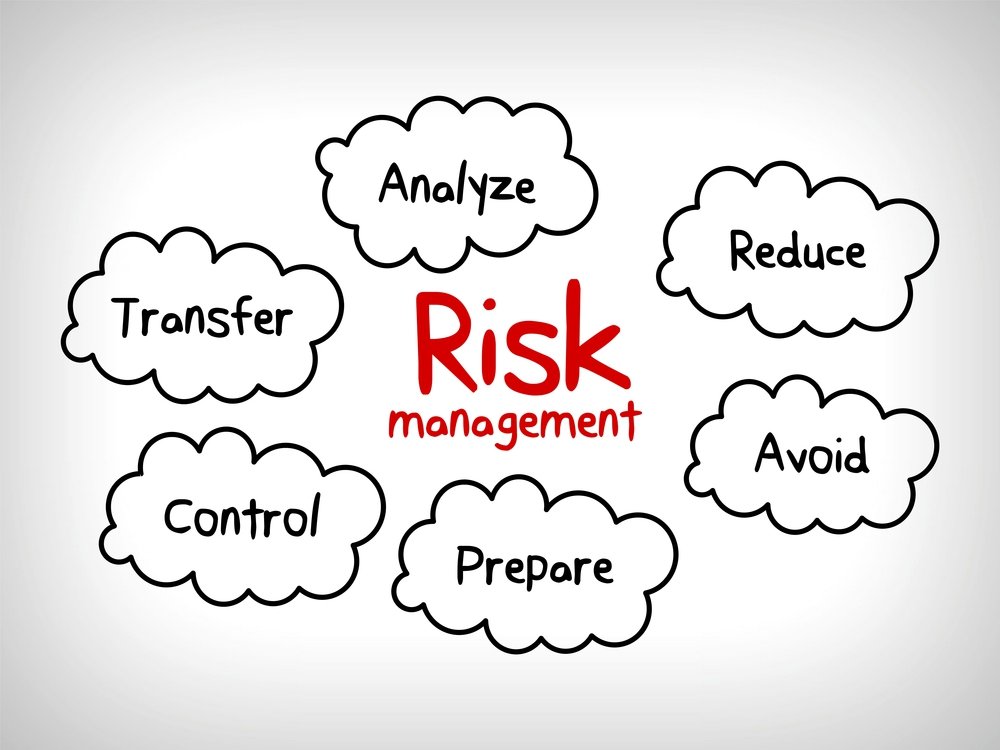The Critical Value of Risk Management in Achieving Organizational Goals
This is where Risk Management actions in, offering an organized technique to recognizing, analyzing, and mitigating possible obstructions to proceed. As we explore the essential role of Risk Management in attaining business goals, one can't question however aid: just how does this equate into real-world success?
Understanding the Principle of Risk Management in Organization

The Integral Role of Risk Management in Strategic Planning
Integrating Risk Management into critical planning functions as a secure for companies, anchoring their lasting plans with a strong foundation of preparedness and resilience. It runs as the organization's radar, spotting potential dangers and susceptabilities that could interrupt the course in the direction of attaining their stated purposes. Risk Management provides a structure for anticipating uncertainties and devising suitable responses, making certain the organization's survival and success even in the face of adversity. By integrating Risk Management into tactical preparation, organizations can transform these uncertainties right into chances for development and technology. This strategic interweaving of Risk Management promotes flexibility, making companies much more robust and enabling them to browse the ever-changing company landscape confidently. Consequently, Risk Management comes to be an essential device in calculated planning, crucial in safeguarding sustainable success.

Methods for Identifying, Assessing, and Focusing On Dangers
Navigating the complex landscape of dangers calls for the application of details methods for their recognition, prioritization, and analysis. The procedure starts with Risk identification, utilizing tools such as SWOT analysis, which assists in pinpointing potential hazards and chances. Next off, Risk analysis is performed to identify the possible impact and possibility of each Risk. Tools such as Risk matrices and impact-probability graphes are used for this. Threats are focused on based on their prospective influence and likelihood, enabling organizations to focus their sources on critical risks. This systematic strategy makes sure a thorough understanding other of the Risk landscape, enabling companies to make educated decisions and properly handle risks to achieve their goals - importance of risk management.
Protecting Organizational Workflow Through Efficient Risk Management
In the business landscape stuffed with uncertainties, efficient Risk Management plays a critical duty in guarding business procedures. By identifying and assessing potential risks, Risk Management enables organizations to establish durable contingency strategies. Organizations must spend in comprehensive Risk Management approaches to guard their operations.

Converting Possible Hazards to Opportunities: The Power of Risk Management
While potential threats could at first show up as roadblocks to business success, effective Risk Management can transform them into chances. A proactive approach to take the chance of Management includes identifying, evaluating, and focusing on threats to create strategies that transform them into potential advantages. This procedure requires the advancement of a risk-aware society within the organization, motivating people to check out dangers as potential stimulants for adjustment and development, rather than simple dangers. importance of risk management. With this lens, potential hazards end up being opportunities to introduce, boost processes, and strengthen strength. Thus, by leveraging the power of Risk Management, companies can not only guard their procedures yet additionally spur development and achieve their goals in an unpredictable service setting.
Situation Researches: Success Stories of Risk Management Driving Service Objectives
Successful application of Risk Management strategies has actually yielded excellent results in various businesses, underscoring the values of this strategy. International companies like Check This Out Microsoft and Google, for circumstances, have leveraged Risk Management to decrease hazards and make use of possibilities, driving their company purposes ahead. These instances highlight how successful Risk Management can not just steer businesses clear of potential mistakes but also assist them towards their critical goals.
Conclusion
In conclusion, Risk Management is essentially crucial in achieving organizational objectives. By including Risk Management into strategic preparation, companies can much better browse unpredictabilities, secure operations, and capitalise on opportunities, thus lining up with lasting purposes.
At its core, Risk Management is the procedure of identifying, examining, and attending to potential threats that might adversely influence a company's purposes or operations. Next off, Risk useful reference evaluation is performed to identify the possible impact and possibility of each Risk. Dangers are focused on based on their potential influence and chance, allowing companies to focus their sources on high-priority risks. By recognizing and analyzing possible dangers, Risk Management makes it possible for companies to establish durable contingency strategies. A proactive approach to risk Management entails recognizing, evaluating, and focusing on threats to design techniques that transform them right into potential benefits.